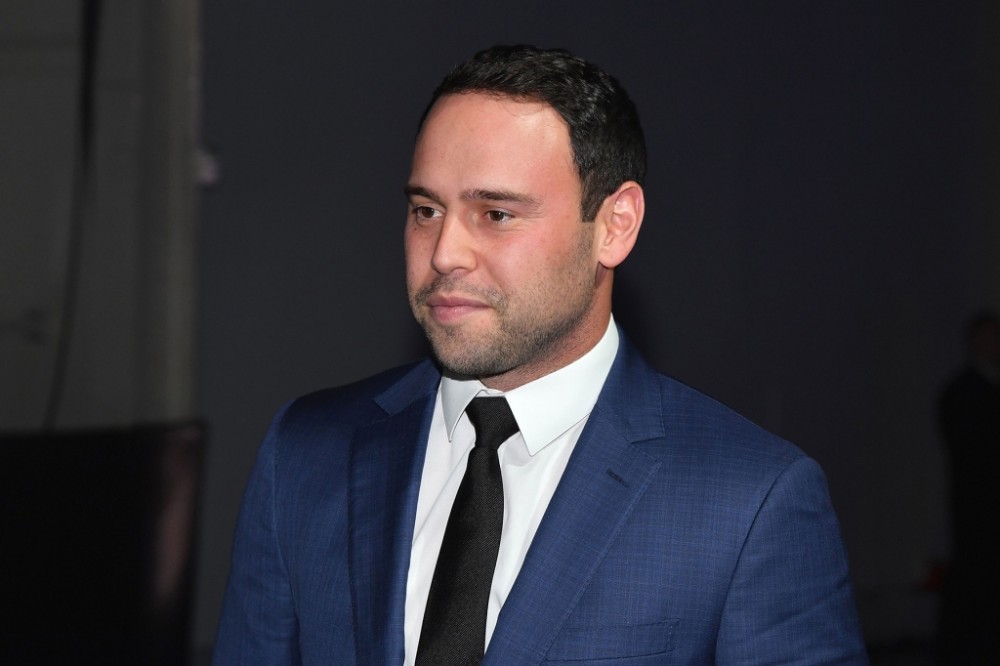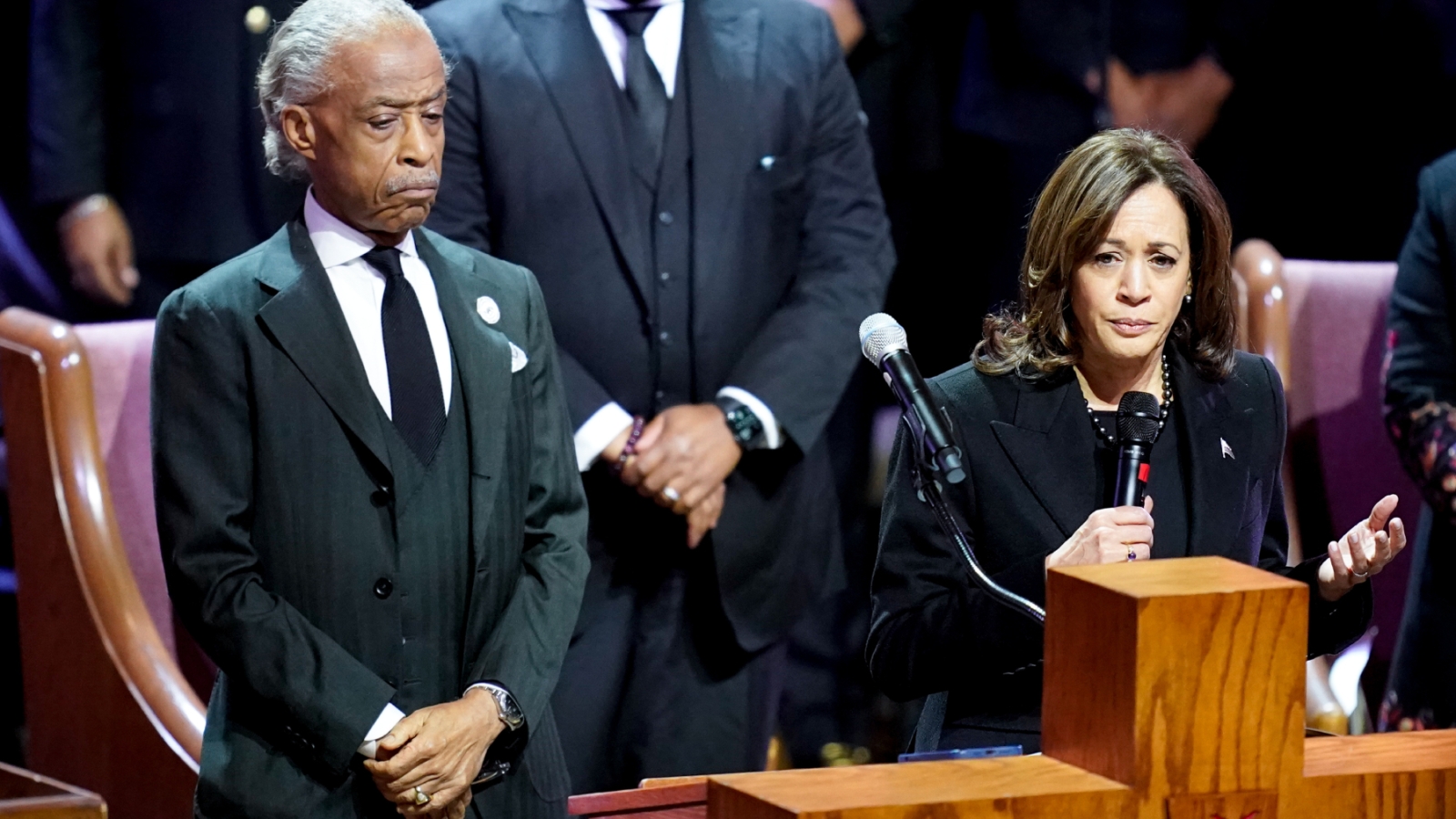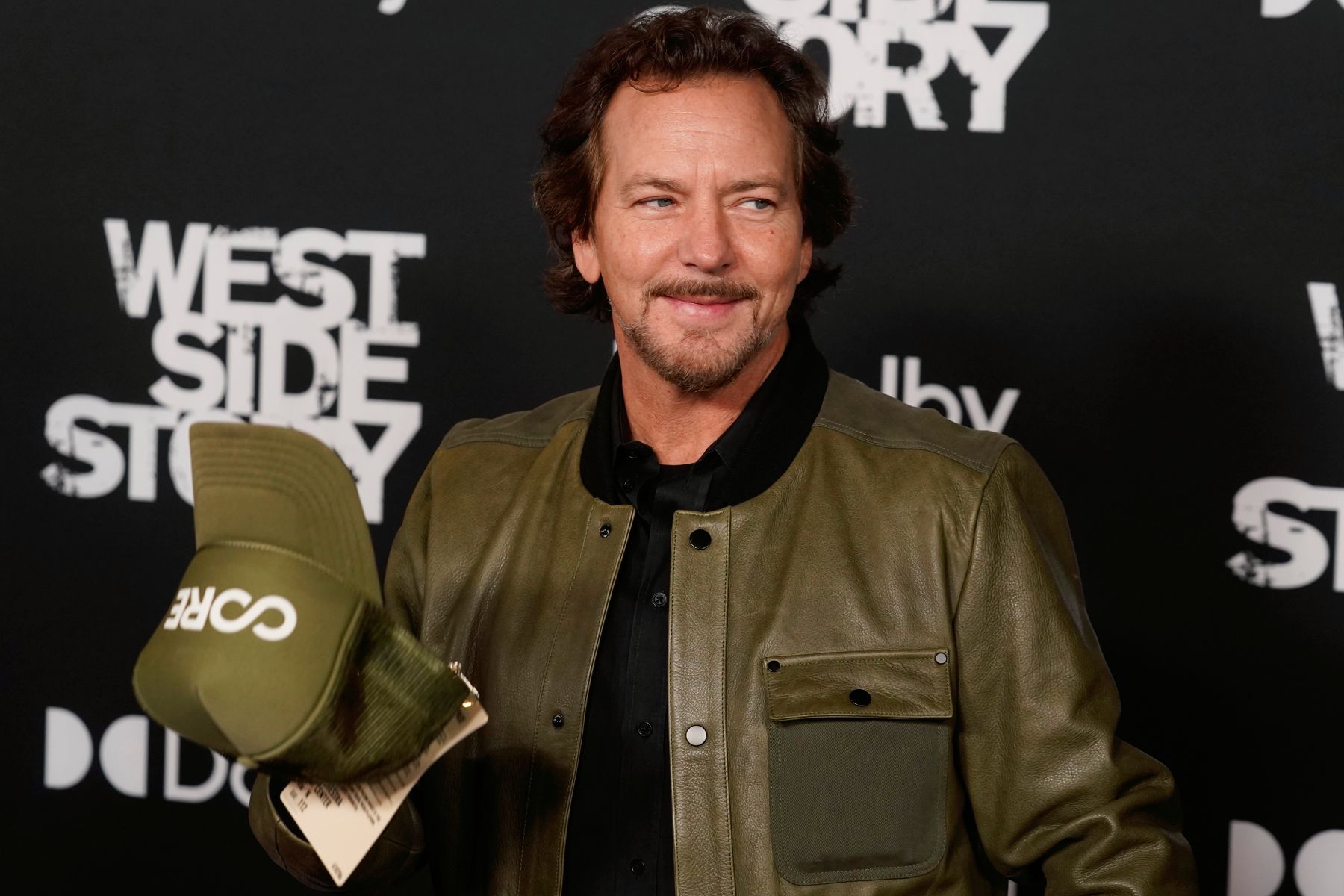
Scooter Braun Claims He ‘Regrets’ the Way Taylor Swift Deal Was Handled: I ‘Learned an Important Lesson’
Three years after Scooter Braun’s company Ithaca Holdings acquired Taylor Swift’s original masters from Big Machine, the music manager is talking about the “important lesson” he claims he learned from the saga. On Friday, Braun appeared on NPR’s The Limits podcast to talk about the fraught drama‘s teachings, as he admitted he came from a “place of arrogance,” assuming that he and Swift could work things out.
“I was excited to work with every artist on the label. So when we finalized the deal, I started making phone calls to say, hey, I’m a part of this. And before I could even do that… all hell broke loose,” Braun said, seemingly describing a post from Swift condemning Braun’s acquisition as her “worst case scenario” and saying she learned of it “as it was announced to the world.” (Braun said he was under NDA.)
“I think a lot of things got lost in translation. I think that when you have a conflict with someone, it’s very hard to resolve it if you’re not willing to have a conversation,” Braun said on the podcast. “So the regret I have there is that I made the assumption that everyone, once the deal was done, was going to have a conversation with me, see my intent, see my character and say, great, let’s be in business together. And I made that assumption with people that I didn’t know.”
To recap the business dealing: Braun purchased Swift’s catalog when Ithaca Holdings (the company Braun owns) acquired Big Machine Records, Swift’s old record label, which was owned by Scott Borchetta, the man who signed Swift at 15. The dealing was reportedly worth $300 million. Swift said at the time, she was never offered the opportunity to purchase the masters. (Borchetta claims she was.) The dealing led Swift to re-record all of her old albums — so far, she’s released Taylor’s Versions of Red and Fearless.
“When I did that deal… I was under a very strict NDA with the gentleman who owned it, and I couldn’t tell any artist. I wasn’t allowed to. I wasn’t legally allowed to,” Braun said in the interview. “What I told him was, hey, if any of the artists want to come back and buy into this, you have to let me know. And he shared a letter with me that’s out there publicly that – you know, the artist you’re referring to said, I don’t want to participate in my masters. I’ve decided to, you know, not make this deal, blah, blah, blah. So that was the idea I was under.”
He later added, “I didn’t appreciate how that all went down. I thought it was unfair. But I also understand, from the other side, they probably felt it was unfair, too.”
At the time of the acquisition, Swift was adamant that Borchetta “knew what he was doing” when he agreed to sell his company to Braun. “When I left my masters in Scott’s hands, I made peace with the fact that eventually, he would sell them,” Swift wrote. “Never in my worst nightmares did I imagine the buyer would be Scooter.”
Braun claims he was “excited to work with every artist on the label.” But in her post, Swift shared a photo of Braun posing with Kanye West (in the midst of the MTV VMAs drama in 2009) while on FaceTime with Justin Bieber, as the pop star captioned the post, “Taylor swift what up.”
“I can’t put myself in a place of, you know, arrogance to think that someone would just be willing to have a conversation and be excited to work with me,” Braun said in his interview. “I don’t know these people.”
Months after the Braun-Swift saga, Braun ended up selling Swift’s catalog to investment firm Shamrock Holdings for more than $300 million. “This was the second time my music had been sold without my knowledge,” Swift said at the time.



